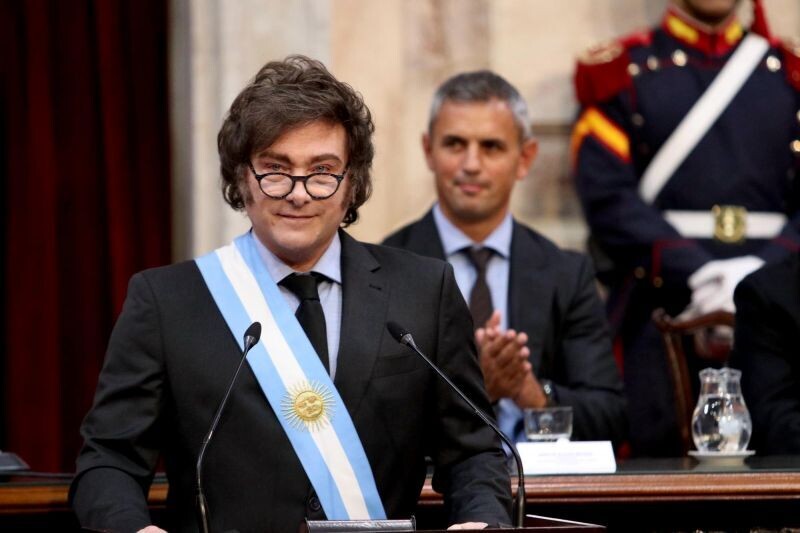
The government of Javier Milei approved by decree modifications to the 2025 Budget, reallocating funds in various areas such as security, education, health, and energy. The measure was published this Thursday in the Official Bulletin through Decree 186/2025, which carries the signatures of the President and several ministers of the Cabinet. The regulation redistributes funds, reduces energy subsidies, and enables new financing mechanisms for provinces and the electricity sector. The measure will be implemented under the Extinction of Reciprocal Obligations Regime, with the participation of the State Assets Administration Agency (AABE).
In terms of education, the validity of Article 7 of Law 26,075 is restored, aimed at ensuring the automatic distribution of funds to provinces and municipalities for expenses in the educational system. The measure seeks to guarantee the execution of services at all levels, in the context of a review of the national financing scheme.
Another point of the decree on the international front is that contributions totaling $439.4 million for the International Fund for Agricultural Development (IFAD) and the Inter-American Development Bank (IDB) are approved. Additionally, it introduces a special regime to regularize debts in the Wholesale Electric Market (MEM) and establishes new payment conditions with state assets.
The modifications apply to the extension of the 2023 Budget, currently in force due to the lack of approval of a new law by Congress. According to the decree, allocations for the Ministry of Security are increased, aimed at strengthening the monitoring of processed or convicted individuals. More resources are also allocated to the Ministry of Health and the National Disability Agency, focusing on auditing disability pensions, and the National Insurance Superintendency. In contrast, state transfers to the Wholesale Electric Market Managing Company (Cammesa) are reduced.
In terms of energy, the decree establishes mechanisms to regularize distributors' debts with the MEM and enables a credit scheme for companies that have met their obligations, including payment plans of up to 72 installments. Furthermore, contributions to Energía Argentina S.A. (Enaersa) are strengthened to cover expenses associated with the hydroelectric project Cóndor Cliff – La Barrancosa, in Santa Cruz.
Regarding provincial financing, the national government is authorized to provide guarantees for provinces and the Autonomous City of Buenos Aires to access external credit. Another central point of the decree is the possibility of settling national state debts with provinces through the transfer of real estate. These commitments will be paid in annual installments and will be the responsibility of the Central Bank of the Argentine Republic (BCRA), with resources provided by the National Treasury.














